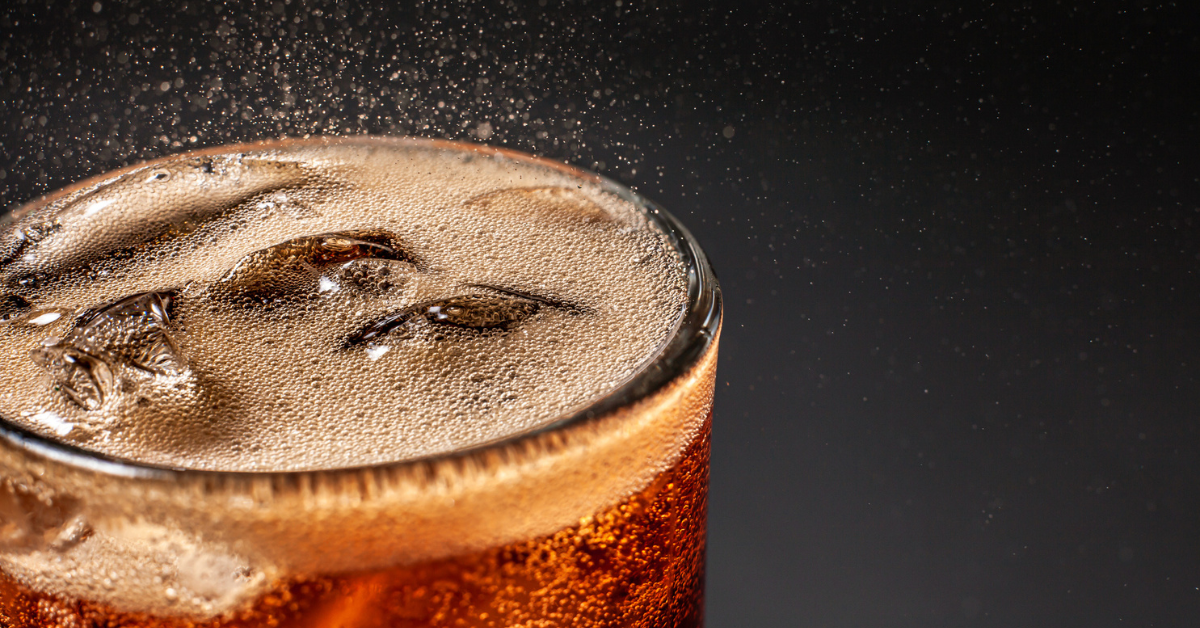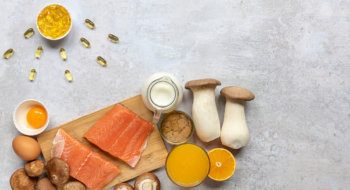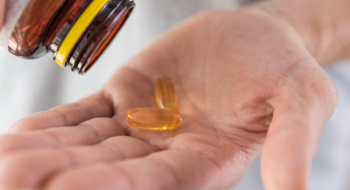If you watched the Super Bowl, you may remember a commercial touting the health benefits of prebiotic soda. But are these drinks just hype or do they make good on their promises?
What is in a prebiotic soda?
Unlike traditional soda that’s high in calories and sweeteners, prebiotic sodas have 2-9 grams of fiber, less than five grams of sugar and are under 40 calories per can.
The high fiber content comes from plant prebiotic fibers, such as pectin or inulin found in apple cider vinegar and chicory root. Pectin and inulin can help with beneficial bacteria growth in the gut, are thought to offer relief from constipation and may help improve blood sugar levels in some people.
“You don’t need to go out and buy up these sodas to reach your fiber intake goals, though,” says Salem Hough, clinical dietitian at Tidelands Health. “People with a balanced diet of whole foods, such as bananas, beans , artichokes, asparagus and other fruits, vegetables, seeds and nuts, can reach their daily fiber goals without the need for supplements.”
Enjoying this story? It’s free to republish. Learn more.
How much fiber do we need?
Fiber can be found in many fruits, vegetables, seeds and nuts, but less than 10 percent of Americans are getting their recommended daily intake of the nutrient.
The amount of fiber adults need depends on a few factors:
Age: The general recommendations are:
-
- Women under 50: 25-28 grams per day
- Men under 50: 31-34 grams per day
- Women 51 and older: 22 grams per day
- Men 51 and older: 28 grams per day
Calorie intake: Some guidelines base fiber recommendations on calorie intake. The FDA suggests 28 grams per day for a 2,000-calorie diet.
Overall health: If you have specific health conditions, your fiber needs may vary. Consult your doctor or a registered dietitian for personalized advice.
Featured Article
Anti-inflammatory diet tied to lower risk for heart disease, Alzheimer’s, cancer
Read ArticleWhat are the cons?
For most people, prebiotic sodas serve as a tasty and refreshing drink once a day but for others they can cause gastrointestinal upset or other symptoms, especially if you’re not used to a high-fiber diet or have certain gastrointestinal conditions such as irritable bowel syndrome or inflammatory bowel disease.
Unpleasant symptoms could include:
-
- Bloating
- Abdominal pain
- Flatulence
- Loose stools or diarrhea
- Constipation
- Temporary weight gain
- Intestinal blockage in people with Crohn’s disease
- Reduced blood sugar levels
Additionally, these drinks have a proprietary blend of functional ingredients, some of which are not recommended while pregnant. It is always best to consult with your doctor or other medical professionals before consumption.
“If you drink these sodas and notice unpleasant symptoms, it may be a good idea to scale back some,” Hough says. “That’s your body’s way of saying it’s too much. Once you start feeling better, it is better to focus on increasing a variety of fiber-rich foods into your diet and accompanying them with a glass of water.”
Consuming a healthy amount of fiber daily can help you improve the regularity of bowel movements, lower cholesterol levels, reduce blood sugar, manage your weight and reduce your risk for cardiovascular disease and cancer. You don’t need prebiotic sodas to get those benefits.
The bottom line: Are prebiotic sodas worth the hype?
“If you want to increase your fiber intake and are looking for a healthy alternative to traditional soda, these prebiotic sodas are a great option,” Hough says. “However, they shouldn’t replace a plant-rich diet. Our digestive tract works so much more efficiently when we feed it a balanced diet of fiber, carbs, protein, fats and water.”
If you have questions about your dietary needs or are interested in making significant changes to your diet, be sure to consult with a physician or a registered dietitian.

Salem Hough
Clinical dietitian at Tidelands Health
Bio
Salem Hough is a clinical dietitian at Tidelands Health.
Learn MoreMeet the Expert
Salem Hough
Salem Hough is a clinical dietitian at Tidelands Health.







